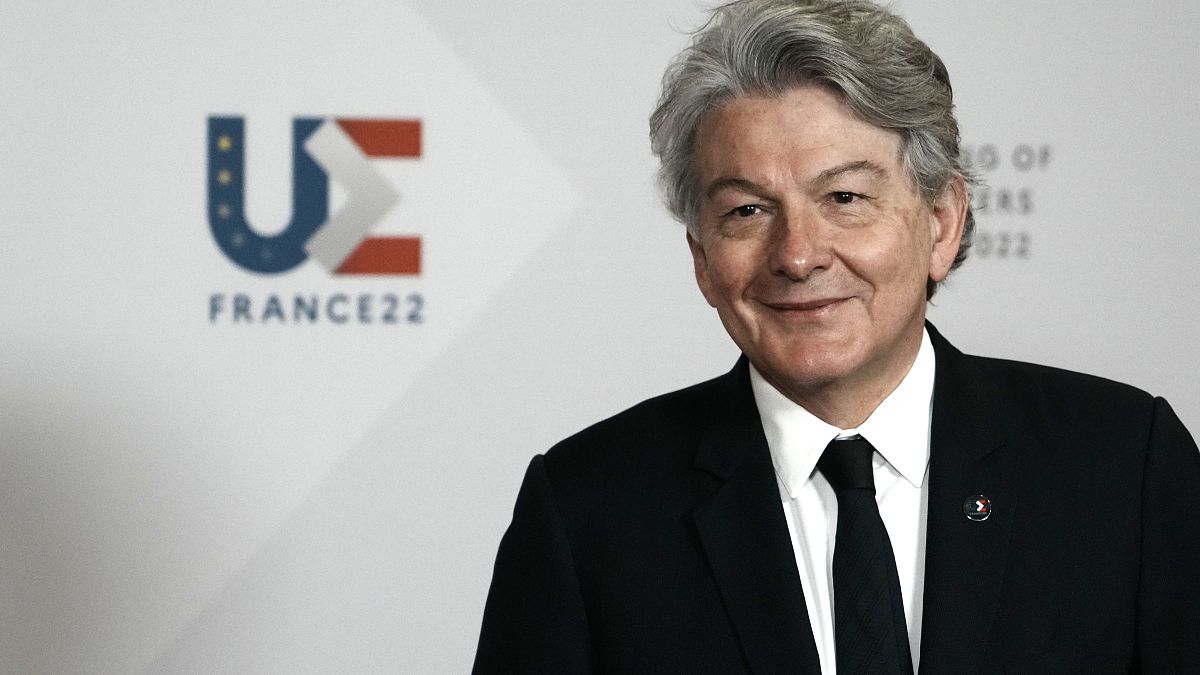European Commissioner Thierry Breton is set to leave Brussels after making headlines with his bold and controversial actions during his time in office. From clashing with Elon Musk over EU regulations to advocating for the mining of critical raw materials in Europe, Breton has never shied away from confrontation. He also played a significant role in managing the Covid-19 crisis, earning the nickname “Monsieur Vaccins” for his efforts to boost vaccine production in the EU.
One of Breton’s most memorable moments was his public feud with Elon Musk, stemming from disagreements over the EU’s Digital Services Act. Despite meeting in person to discuss the issue, their relationship quickly soured, leading to public exchanges on social media. Breton also faced criticism for allegedly interfering in the US election by reminding Musk of his obligations under the DSA during a live interview with Donald Trump.
In a bold move to address Europe’s growing dependence on imports for critical raw materials, Breton called for increased mining in the region to secure the necessary resources for emerging technologies. He highlighted the importance of the EU’s Critical Raw Materials Act, setting targets for processing raw materials domestically to reduce reliance on imports. Despite facing criticism for breaking taboos around mining, Breton remained steadfast in his push for greater self-sufficiency.
Breton’s involvement in managing the Covid-19 crisis was unexpected, given that health was not within his portfolio. However, he took on a leading role in overseeing the industrial scale-up of vaccine production across Europe. His aggressive tactics, including blocking vaccine exports to Australia and pushing for increased production partnerships, earned him the title of “Monsieur Vaccins” among his peers.
Breton’s revelation of a contentious meeting with former US President Donald Trump in Davos, where Trump allegedly declared “NATO is dead,” sparked concerns about Europe’s defense strategy. European leaders, including the EU’s foreign policy chief Josep Borrell, criticized Trump’s statements and emphasized the need for an independent European defense capacity. Breton’s account of the meeting raised questions about the future of transatlantic relations and NATO’s role in European security.
Despite facing friction with his boss, Ursula von der Leyen, over the appointment of MEP Markus Pieper to a lucrative Commission post, Breton stood his ground and led the internal backlash against the decision. He questioned von der Leyen’s leadership and the lack of transparency in the decision-making process, highlighting tensions within the Commission. Breton’s willingness to challenge his own boss and publicly question her support within the European People’s Party raised ethical concerns but solidified his reputation as an independent and outspoken commissioner.











